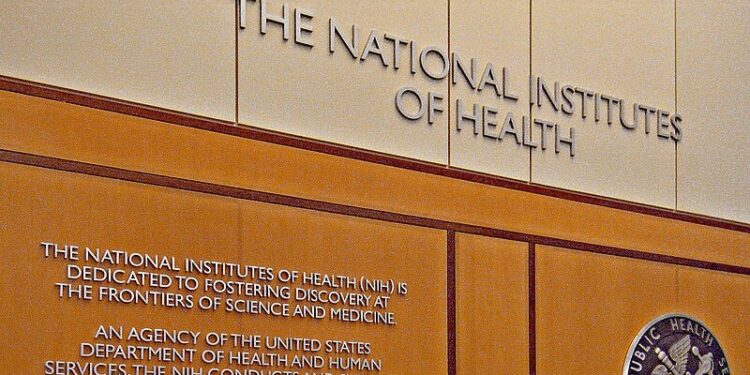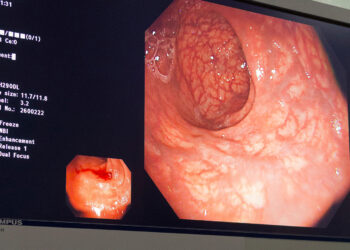This week, the Trump administration imposed a range of restrictions that impact the National Institutes of Health (NIH). These include sudden meeting cancellations, such as expert panels that review grant proposals, as well as a broader pause on external communications at the US Department of Health and Human Services (HHS), HHS travel bans, and a federal hiring freeze.
Cancellations of NIH grant review panels, in particular, could affectcancer research grants and funding. In these NIH grant review panels, also known as study sections, a panel of experts evaluates research proposals and grant applications to determine how the agency will distribute its $47.4 billion annual budget. About $7.2 billion of the NIH’s annual budget goes to the National Cancer Institute (NCI).
It’s unclear when meetings will resume or be rescheduled, or how extensively the disruption will impact researchers.
Medscape Medical News reached out to NIH and NCI to ask when the meeting disruption will end and whether, or how extensively, this disruption could affect cancer research and funding; NIH and NCI did not respond immediately to a request for comment.
The news of meeting cancelations surprised oncologists and left some in the lurch.
“I am en route to San Francisco to present a ph3 trial concept for medically inoperable early stage pancreatic cancer to an NCI committee. But that meeting was just cancelled. I now have free time to think about all of the time wasted,” Michael Chuong, MD, chief of GI radiation oncology at Miami Cancer Institute, wrote in a January 22 post to X.
“I am livid,” he commented in a related thread.
Others shared similar concerns and experiences.
“We were just notified all @NIH @NCICTEP_ClinRes @NCI meetings are now CANCELLED,” Cathy Eng, MD, GI oncologist and professor at Vanderbilt-Ingram Cancer Center, Nashville, posted to X.
Nina Sanford, MD, chief of the gastrointestinal radiation oncology service at UT Southwestern Medical Center, posted to X that she had just “learned that all NCI task force meetings cancelled at GI ASCO. This is not the way to DOGE. #GI25.”
ASCO confirmed to Medscape Medical News that no NCI meetings are being held at ASCO GI, which is happening January 23-25 in San Francisco.
Commenting on Sanford’s thread, GI radiation oncologist Lauren Henke, MD, noted that “so many patients are harmed by these delays, even if temporary.”
A patient chimed in on X, commenting that as someone with neuroendocrine tumors, he worries that disruptions will impact important research and survival outcomes. “OS rates will be shorter because of this,” he wrote.
It’s not clear when NIH meetings will resume, but the timeline for other restrictions was spelled out in a January 21 memo from HHS and other correspondences. The HHS memo noted that restrictions on all public communications from the HHS will remain in effect until February 1. The federal hiring freeze will remain in effect until February 8, though the travel suspensions are indefinite.
“While we are closely watching developments, it’s too soon to know all of the implications,” John Carpten, chief scientific officer at the cancer research hospital City of Hope, told Forbes.
Source link : https://www.medscape.com/viewarticle/nih-meeting-cancellations-could-impact-cancer-research-2025a10001ur?src=rss
Author :
Publish date : 2025-01-24 18:45:28
Copyright for syndicated content belongs to the linked Source.














